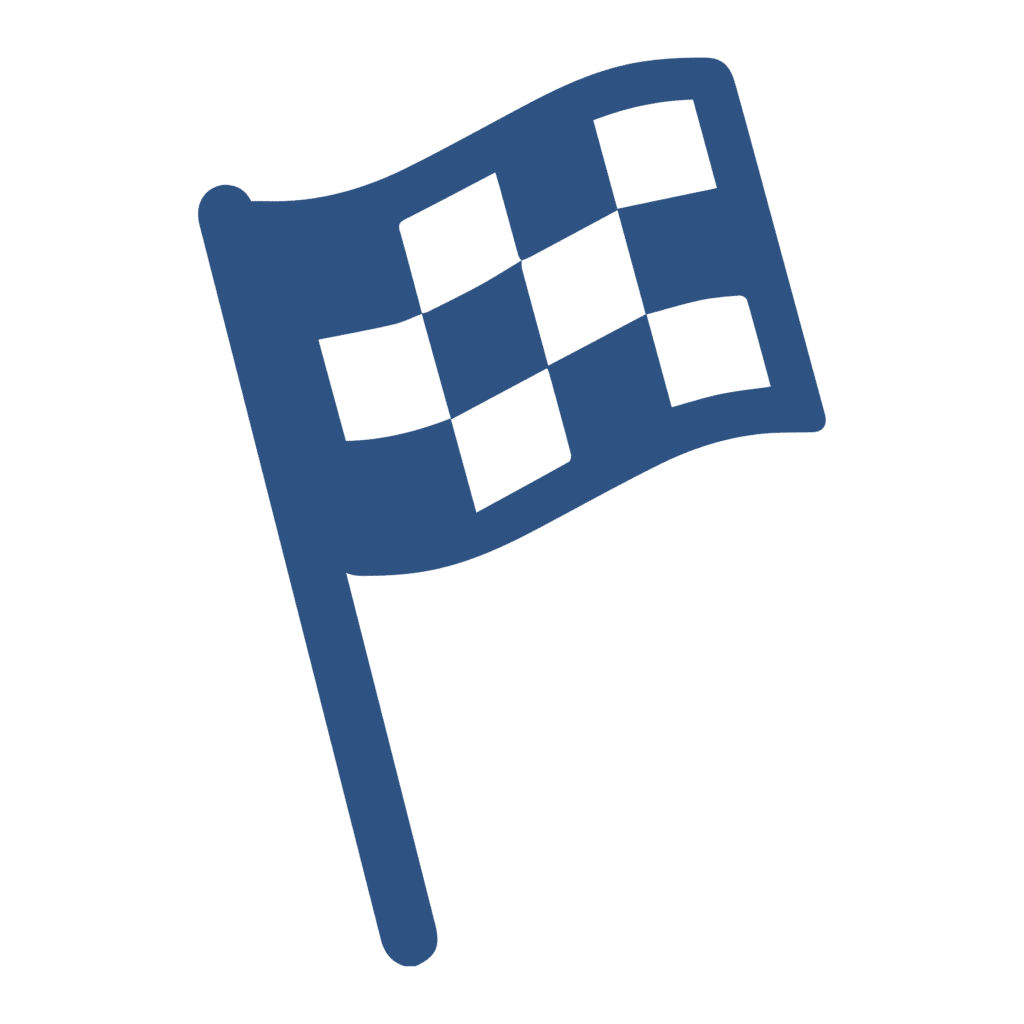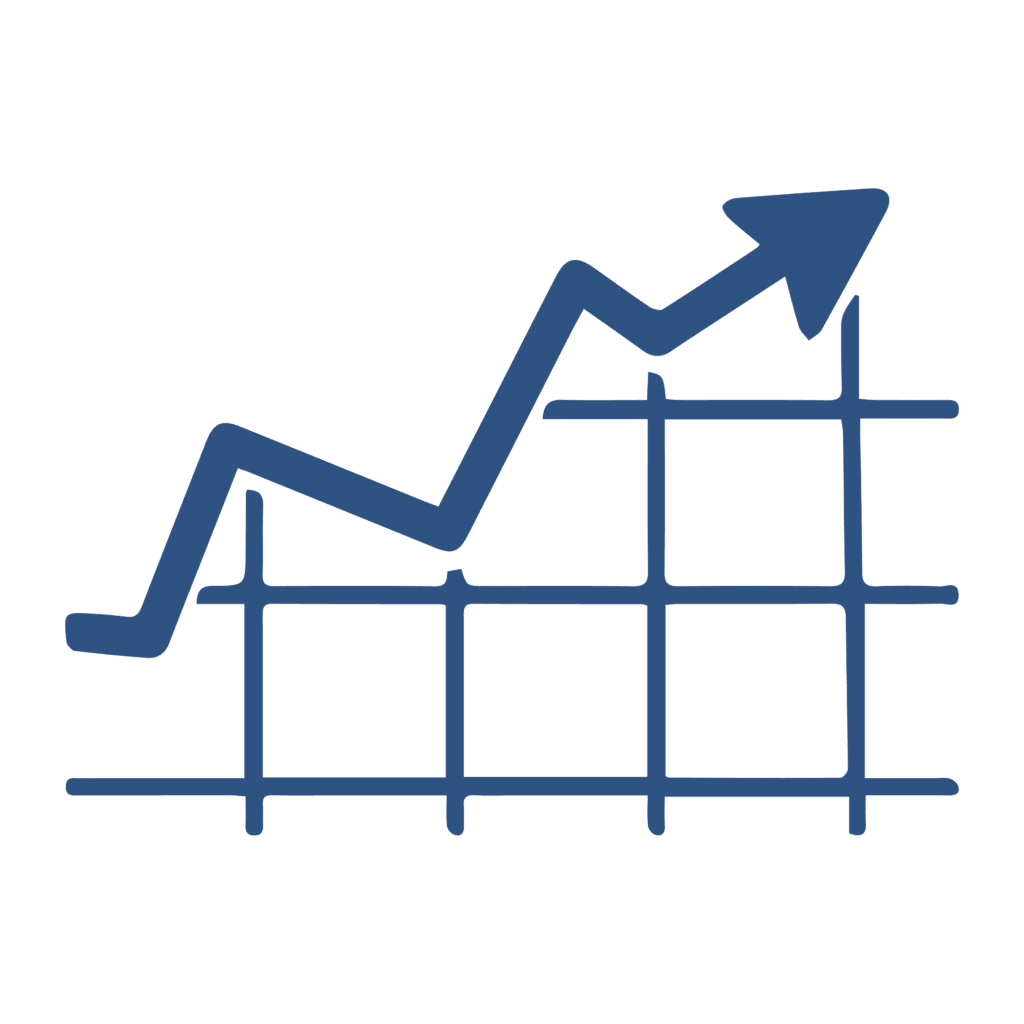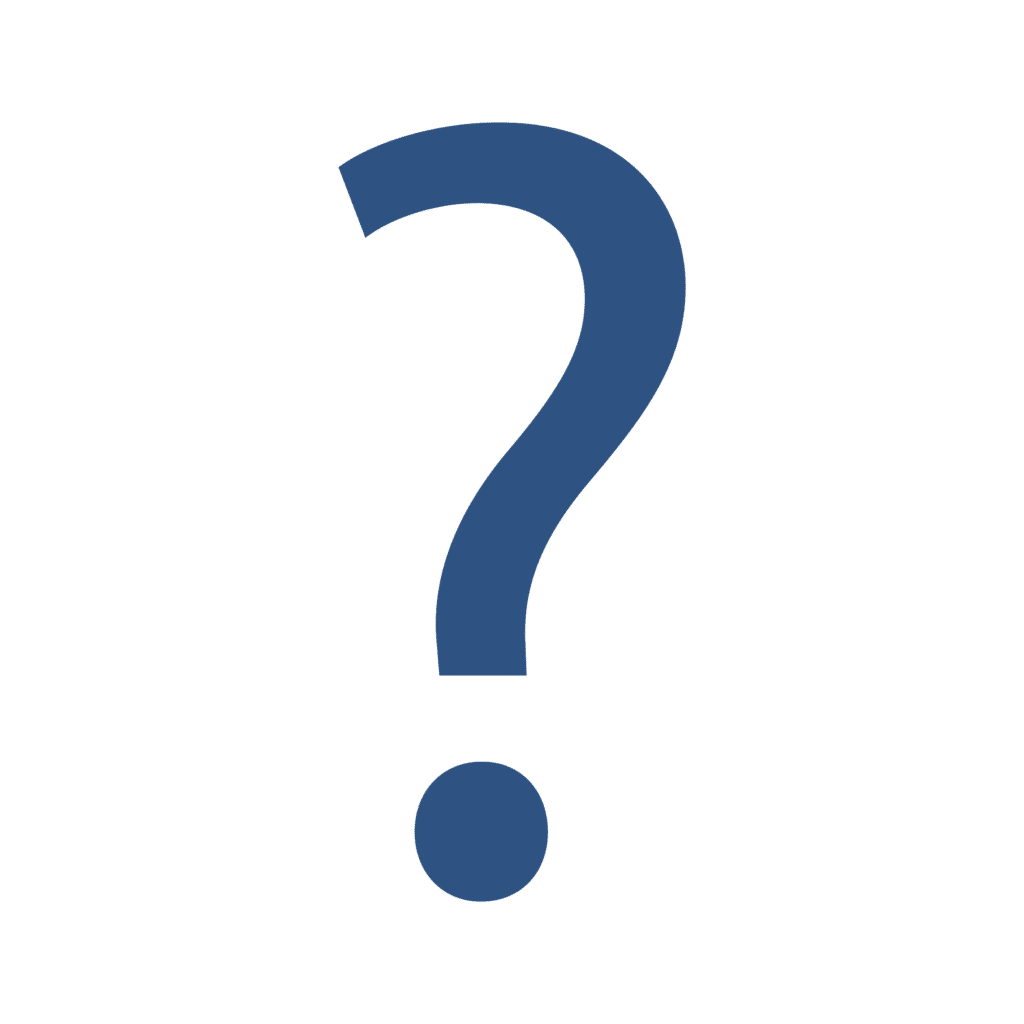You are here: Home » University representatives » Self-Assessments and counselling tests

It is not always the apparently best students who successfully complete their studies. This is because, in addition to the final exam grade as an indicator of the abilities of the applicants, there are other factors that determine the success of their studies:
A deficiency in any of these factors can quickly lead to a drop-out. Online-Self-Assessments (OSA) can provide prospective students with guidance before choosing their degree programme.
The idea behind the use of online-self-assessments (OSA) is to promote self-selection: people who complete a self-assessment receive information about their chosen field of study or the specific degree programme, the requirements and ideally about their own strengths and weaknesses. On the basis of this information, they should then be able to see for themselves whether the relevant degree programme or field of study suits them and their abilities: The higher the fit between the person and the degree programme, the lower the likelihood of dropping out of a degree programme.


Therefore, the reliability and validity for the academic success of the feedback from the self-assessment is of decisive importance. With our experience in the development of assessments for selecting students, we develop self-assessments that are just as tailor-made for your degree programme or field of study. Our self-assessments contain exercises that predict your later academic and professional success, and give applicants a realistic idea of the requirements of the studies.
A good self-assessment not only helps you to find the most suitable applicants for your university or organisation, but also helps you to advertise yourself.
If you are interested, please feel free to contact us!
Counselling tests – such as those we have developed above all for the Federal Employment Agency – go one step further than self-assessments. The results of the counselling tests form the basis for counselling interviews in which the person seeking guidance is assigned an expert to help him/her evaluate the results and make a decision.

Learn more about the projects by clicking on the link:
Based on our SFBT from the 1970s and the experience gained since then in the ITB, we have developed counselling tests for a total of seven fields of study, which the Federal Employment Agency makes available in its counselling centres to students seeking advice (usually prospective high school graduates):
The tests are used there as a supplement to explorations and interest tests).
We developed the test concepts and coordinated them with the psychological service of the Federal Employment Agency. For the most recently developed test (social sciences), for which there is no prototype from past studies, we also conducted a detailed requirements analysis with subject representatives.
Then we developed the test items and empirically tested them (at schools).
After revising and compiling the final test versions, we conducted an empirical norming (also at schools). This norm data, compiled in the test manual, enables the Federal Employment Agency study advisors to classify individual test results.
The self-assessment of the Lucerne University of Applied Sciences and Arts can and should be processed by all applicants for the Master’s programme in Applied Information and Data Science as part of their application. The test can be taken online from home throughout the year and the result will be taken into account in a subsequent interview.
The Self-Assessment takes about one hour and consists of four different modules:
For prospective students, the University of Tübingen has developed online-self-assessments for various degree programmes in cooperation with us. Since 2012, self-assessments have been added again and again for new degree programmes. In addition to a general scholastic aptitude test, we have developed subject-specific scholastic ability modules for a total of six fields of study (linguistics, social sciences, cultural sciences, economics, natural sciences and mathematics/computer science).